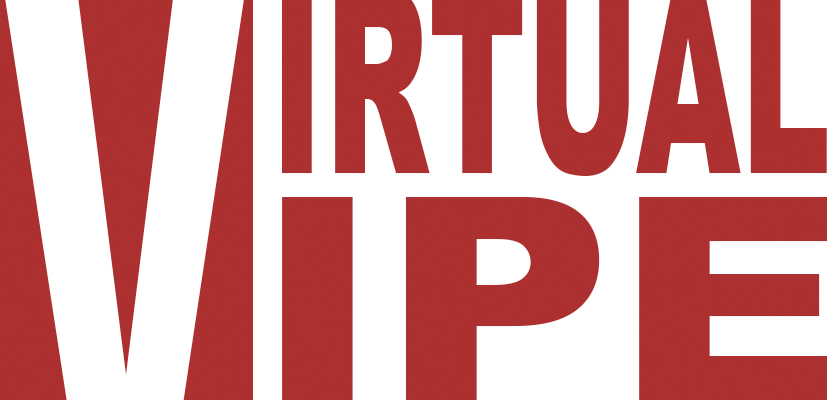General practitioner/medical officer - South Africa
The duties of general medical practitioners include the examination and diagnosis of patients, the prescription of medicines, performing minor operations and provision of different treatments for injuries, diseases and other ailments. Medical practitioners are licensed practitioners of medicine.
General practitioners diagnose and treat diseases and injuries and perform an important function in looking after the well-being of the community. Thorough knowledge of diseases and their symptoms is required for diagnoses and treatment. Medical doctors first compile clinical histories of their patients before making diagnoses. They make use of several techniques and different apparatus in the examination of patients, for example blood pressure gauges, X-rays and stethoscopes, in order to form an image of the disease or injury.
It is important that all factors be taken into consideration by general practitioners before a diagnosis is made. Treatment can be medical, surgical and therapeutic. They may prescribe medication or refer the patient to a specialist, for further diagnosis and special treatment. General practitioners may perform small operations or assist surgeons with big operations.
DIETITIAN -SOUTH AFRICA
HPCSA’s Professional board for Dietetics and Nutrition the scope of practice for Dietitians is;
Optimizing the nutritional well-being of individuals, groups, communities and the population in different settings by:
Utilizing (critically appraise and apply) a comprehensive body of evidence-based food and nutrition theory and principles;
Assessing the nutritional status, food and nutrition situation(s) and concomitant health risks of clients/patients, groups, communities and the population using relevant methodologies; Advocating for the nutrition professionals, services and programmes;
Conceptualizing, planning, implementing, managing, monitoring, evaluating and documenting appropriate nutritional prescriptions for patients/clients with specific nutritional needs; Conceptualizing, planning, implementing, managing, monitoring, evaluating and documenting appropriate nutrition interventions programmes, nutrition policies, strategies and guidelines for individuals, groups, communities and the population with specific needs;
Taking responsibility for using/applying appropriate nutrition policies, strategies and guidelines; Influencing the national food systems/environment to enable all individuals to have access to affordable, nutritious and safe food;
Applying information, communication, education and counselling skills and social mobilizing to empower individuals/communities/populations to change their food/nutrition behaviour to make safe, healthy food choices to prevent nutrition-related diseases and to improve quality of life; Planning and executing an effective food service system based on the specific food and nutritional needs of the healthy and ill;
Managing human, financial and other resources to ensure optimal and equitable delivery of nutrition services at all levels of service delivery including PHC and population level; Conceptualizing, formulating, implementing and communicating nutrition related research;
● Planning, implementing, managing, evaluating, monitoring and documenting procedures and policies relating to human, financial, operational and other resources
Applying critical and creative thinking in working effectively within a multidisciplinary environment, the community and stakeholders in contributing to the personal, social and economic development of society in an ethical and professional manner.
Emergency Medical Care Practitioner -South Africa
SCOPE OF PRACTICE OF AN EMERGENCY MEDICAL CARE PRACTITIONER
An Emergency Care Practitioner(ECP) generally come from a background in paramedicine and most have additional academic qualifications, usually at university, with enhanced skills in medical assessment and extra clinical skills over and above those of a standard paramedic, qualified nurse or other ambulance crew such as EMT’s and Ambulance Technicians
ECP skills in South Africa include:
-
● Full South African, adult and paediatric, advanced life support skills
-
● Full diagnostics assessment (Otoscopy, ophthalmoscopy, urinalysis, system based
assessments) -
● Thrombolysis, fibrinolysis
-
● Rapid Sequence Intubation (RSI)
-
● On-scene discharge
-
● Administration of emergency medications
-
● Ordering X-rays and requesting further investigations
● Specialised intensive care unit transport of adults and paediatrics
South African ECPs are also required to complete several medical rescue training modules during their studies such as high angle rescue, light motor vehicle rescue and aquatic rescue.
